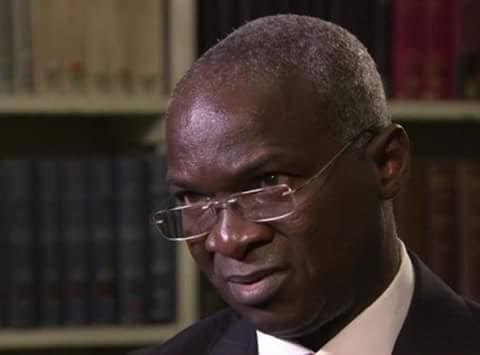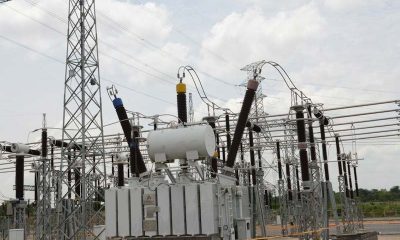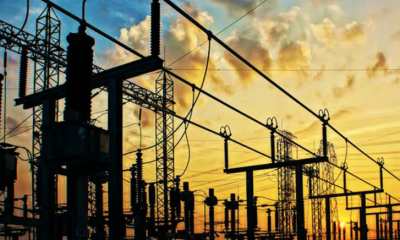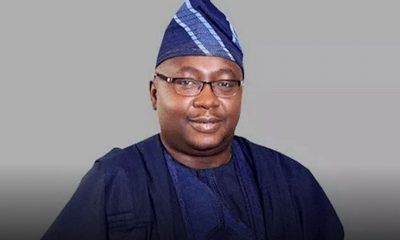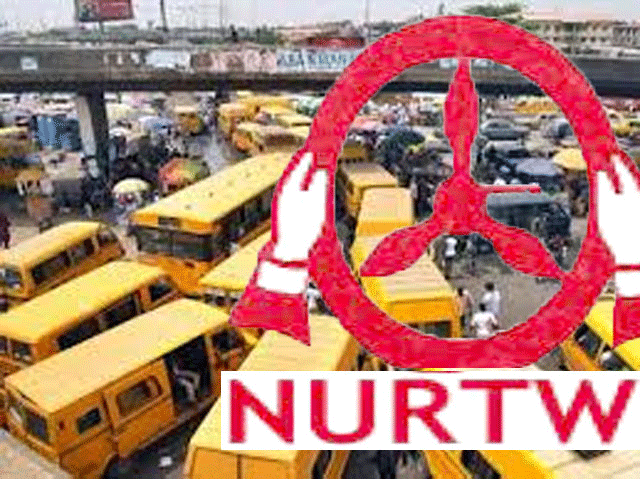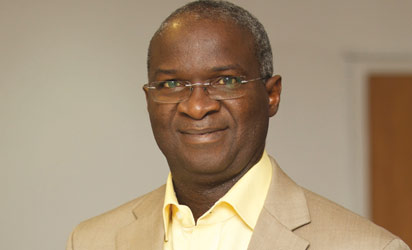By ODIMMEGWA JOHNPETER, Abuja
The Transmission Company of Nigeria (TCN) will complete over 200 projects to improve power supply to the distribution companies (DISCOs), Babatunde Fashola, Minister of Power, Works and Housing, has said.
Fashola made this known in a keynote address at the Nigeria Energy Forum (NEF) in Lagos, entitled: “Roadmap for Incremental, Stable and Uninterrupted Electricity Supply in Nigeria’’. He was represented by Louis Edozie, the Permanent Secretary, Federal Ministry of Power.
According to him, currently, TCN is concentrating on completing over 200 projects it has at hand to ensure smooth transmission of energy to the national grid. “Electricity is a very topical subject in the country; lack of it affects production, security, comfort and standard of education. “If all of us will draw all energy needs from the grid, we will need over 13,000 Megawatts (MW), but unfortunately, the maximum we have from the grid is just 4,700MW. “This is not what we want and this is not where we want to be. “The government inherited a very weak transmission; throughout 2016, there was a challenge of energy evacuation in Eastern part of the country.
“This evacuation problem which had been on for over 15 years in Calabar, Ikot-Ekpene, Alaoji, Ugwuaji Transmission Line had been addressed and the transmission is now in operation,’’ Fashola said. He said that the transmission line would aid the smooth evacuation of energy generated by power plants in the Eastern part to the national grid. Fashola said that the Federal Government was concentrating on legacy generation projects inherited from the past administration. He said that such project include the small, but important 1.2 MW Solar Power Plant in Lower Usuma Dam, Bwari, Abuja, which is the first solar project in the country.
ALSO SEE: Seplat expects clarity in taxes, royalties, others in PIG bill
The minister said that the project was now in operation, powering some parts of Abuja metropolis. “The 10MW Wind Dam in Kastina, which has been under construction for many years, will soon be completed and commissioned for operation. “The 30MW Phase 1 project at Gurara Hydro Power Plant in Kaduna, which had been abandoned, will also be commissioned next year and this will boost supply to Kaduna and Jebba.
“The work is ongoing to ensure smooth transmission line of the energy to the grid. “Also, the 700 MW Zungeru Hydro Electric Power Plant, which had been abandoned several years back, will be completed by early 2019 and connected to the grid,’’ Fashola said. The minister said that work had begun on the 3,050MW Hydro Electric Power Plant in Mambilla, Taraba which was conceived about 42 years ago. “It is through the intervention of President Muhammadu Buhari-led administration that the project was redesigned. “The project will be delivered in 2024,’’ he said.
Also, Prof. Jidere Bala, the Director-General, Energy Commission of Nigeria (ECN), said that energy worldwide was one of the drivers of economic and social development. Bala said that there was no way poverty could be eliminated without reliable energy supply. According to him, energy supply must, however, be done in a responsible and sustainable manner. “These involve energy security, energy equity and environmental sustainability,’’ he said. In his remarks, Mr Dele Ayodele, the Deputy Managing Director, Ibadan Electricity Distribution Company (IBEDC), said that some of the challenges facing the power sector include technical and commercial losses.
Ayodele said that technical and commercial losses were core issues that bedeviled the sector from performing its responsibility to consumers. He said that if the issues were not resolved, it would continue to linger on. In his address, the Chairman of NEF, Dr Daniel Adeuyi, said that the forum would enable the participants to exchange knowledge, build capacity and foster innovation in Nigeria’s energy supply industry. Adeuyi said no nation could develop in the dark, adding that sustainable energy was the passport to economic development. “Across Africa, the key energy challenge is how to electrify millions of households, remote communities and small-scale entrepreneurs as quick as possible,’’ he said.

 Health6 days ago
Health6 days ago
 Entertainment1 week ago
Entertainment1 week ago
 Crime6 days ago
Crime6 days ago
 Education1 week ago
Education1 week ago
 Health1 week ago
Health1 week ago
 Comments and Issues7 days ago
Comments and Issues7 days ago
 Football1 week ago
Football1 week ago
 Latest7 days ago
Latest7 days ago
